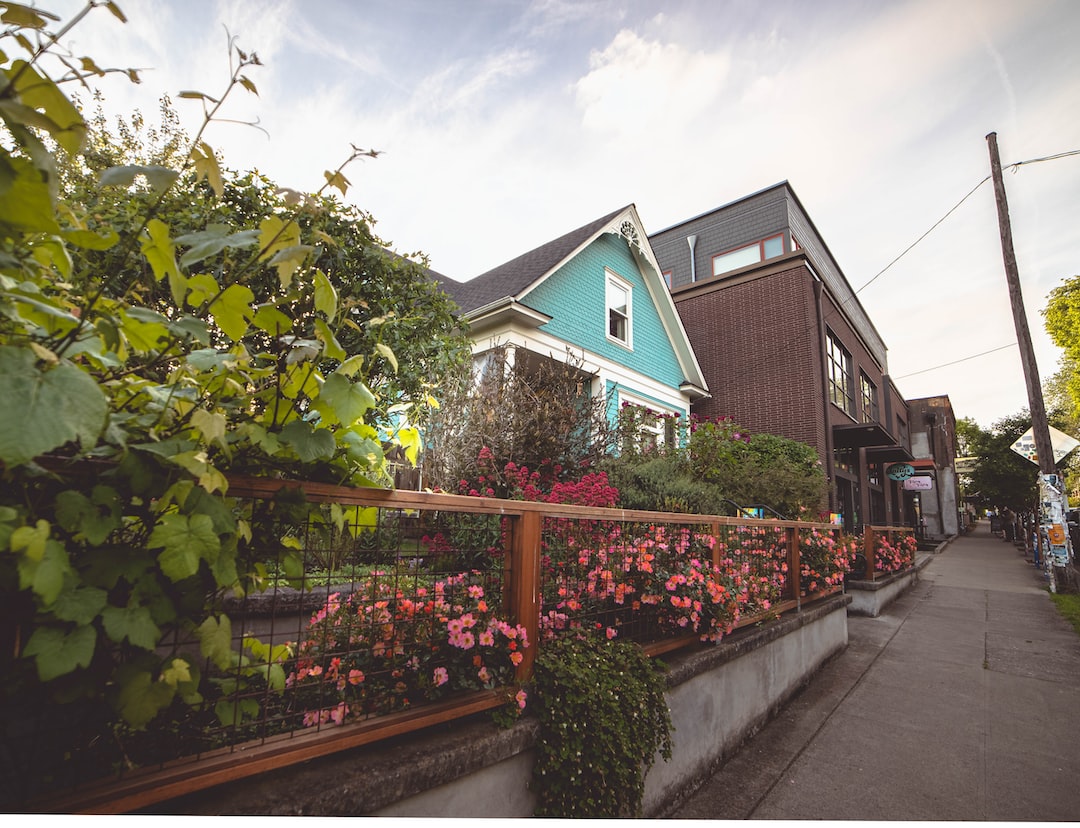One of the biggest decisions individuals face in their lifetime is whether to rent or buy property. It is an important decision as it involves a significant amount of money and can impact long-term financial goals. Both options come with their own set of benefits and drawbacks, and it is crucial to weigh all the pros and cons before making a decision.
Pros of Renting
– Flexibility: Renting offers more flexibility as it allows individuals to relocate easily without having to worry about selling the property. This is ideal for those who move frequently for work or other personal reasons.
– Affordability: Renting is generally more affordable than buying, as it does not require a significant down payment or long-term investment.
– Maintenance: The responsibility for property maintenance typically falls on the landlord when renting. This can save renters significant time, effort, and money that would be spent on property upkeep if they owned the property.
Cons of Renting
– Limited Control: Renters do not have as much control over the property as property owners do. Renters must follow the landlord’s rules and regulations, and may be limited in terms of making changes to the property.
– No Return on Investment: Unlike owning a property, which can appreciate over time and generate equity, renting does not offer any return on investment.
– Rent Increases: Renters may face rent increases at the end of their lease agreement, which can make it challenging to maintain a stable budget.
Pros of Buying
– Equity: Buying a property allows individuals to build equity, as the property’s value appreciates over time. This can help increase wealth and provide a long-term financial benefit.
– Stability: Homeownership provides a sense of stability, as individuals can establish roots, build relationships with neighbors, and become part of a community.
– Freedom: Property owners have the freedom to make changes to their property and are not limited by the landlord’s rules or regulations.
Cons of Buying
– Down Payment: Buying a property requires a significant down payment, which can be challenging to save for some individuals.
– Maintenance Costs: Property owners are responsible for all property maintenance. This can be time-consuming and require significant financial investment.
– Limited Flexibility: Property owners are less flexible than renters, as selling a property can take time and may result in financial loss if the property value decreases.
Conclusion
The decision to rent or buy ultimately depends on an individual’s financial goals, lifestyle, and personal preferences. Renting offers more flexibility and affordability, but does not offer the long-term financial benefits and stability of homeownership. Homeownership provides equity and stability, but requires a significant down payment and responsibility for property maintenance. It is essential to weigh all the pros and cons carefully to make an informed decision that aligns with one’s goals and priorities.

